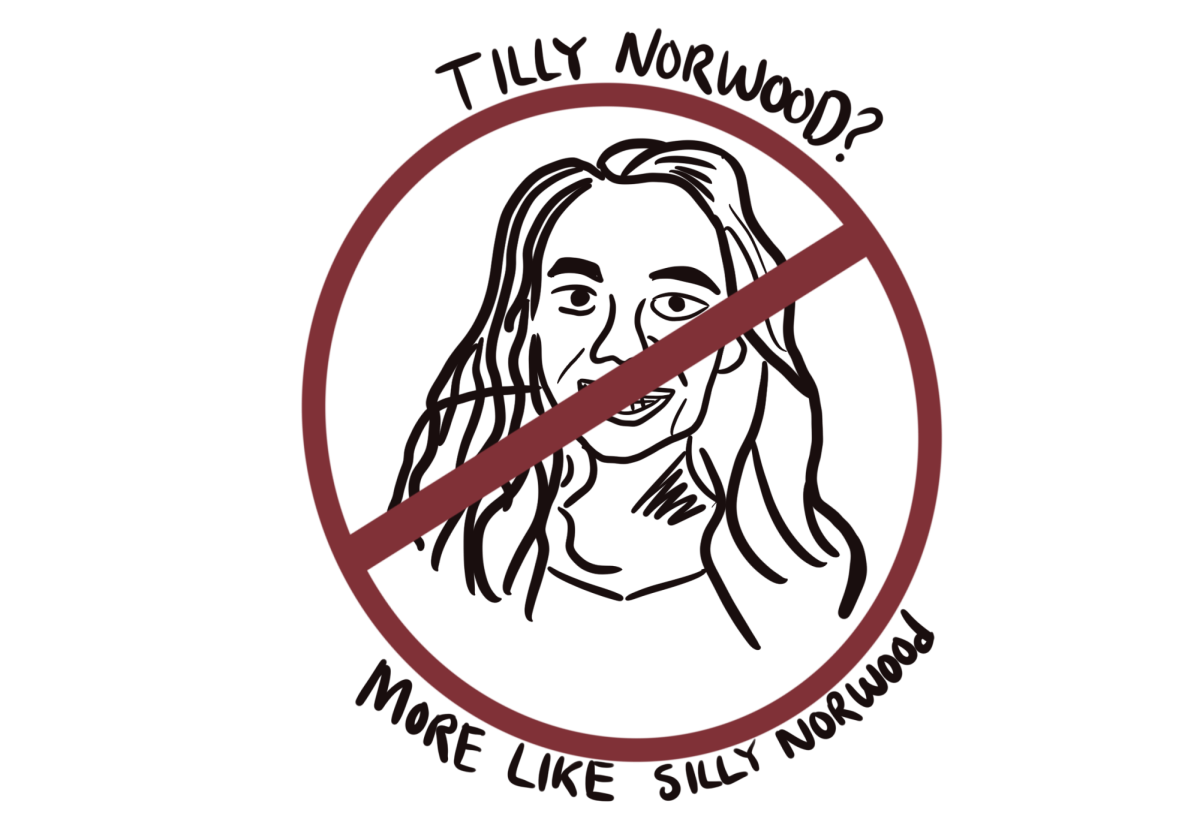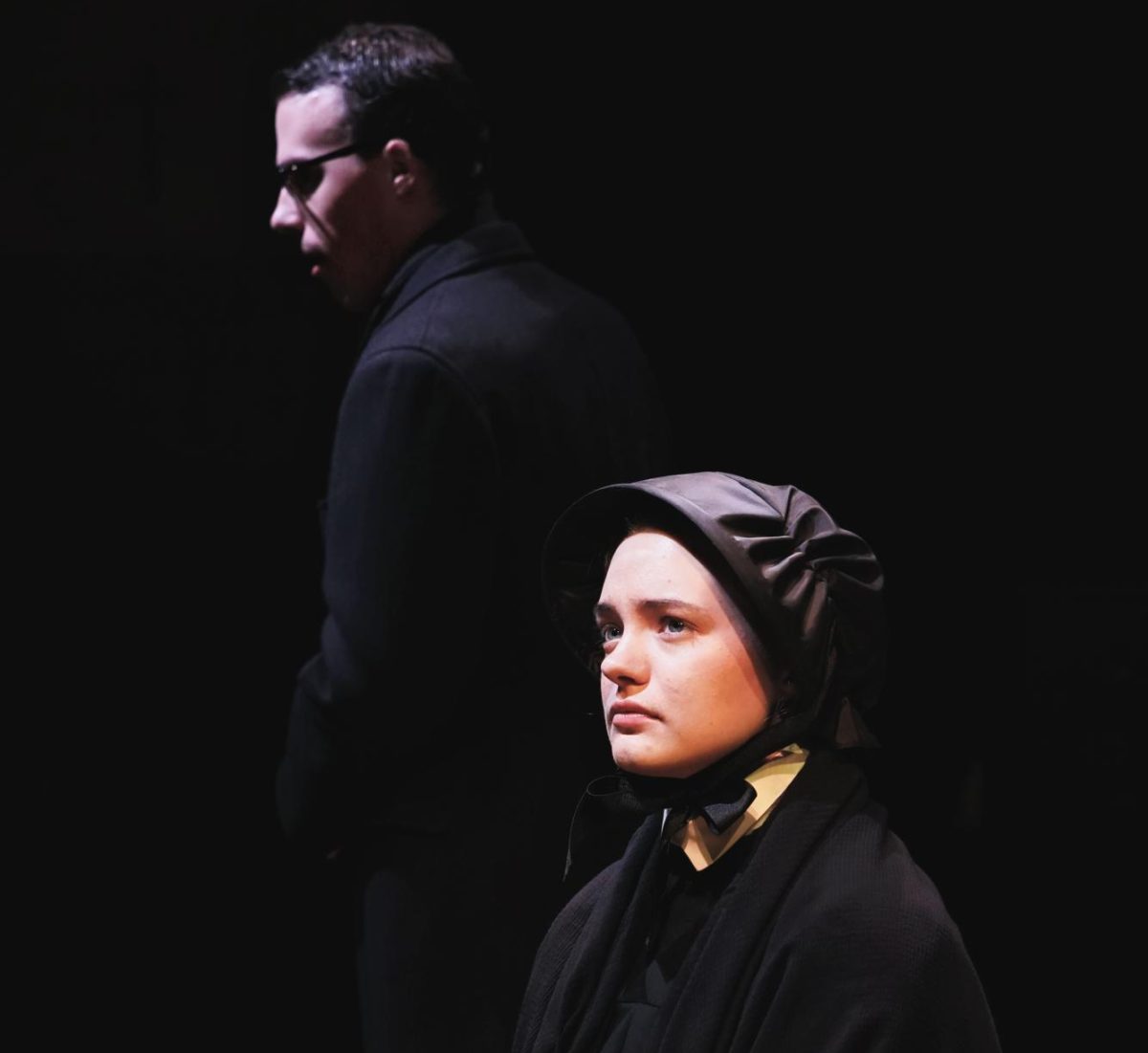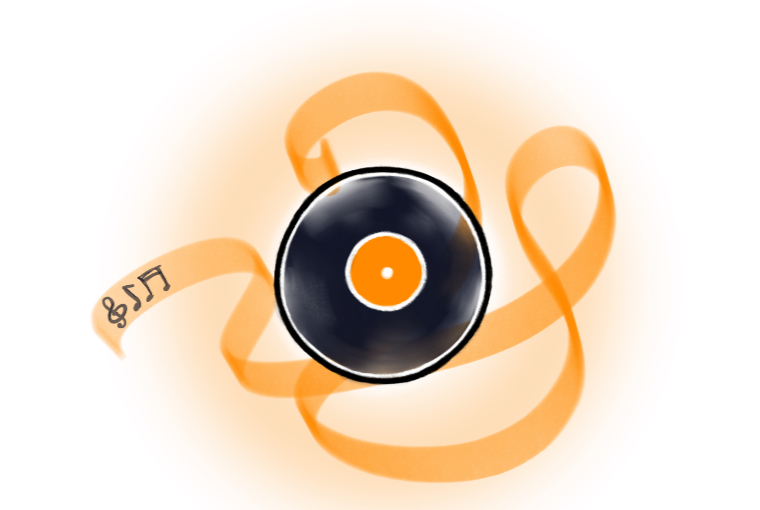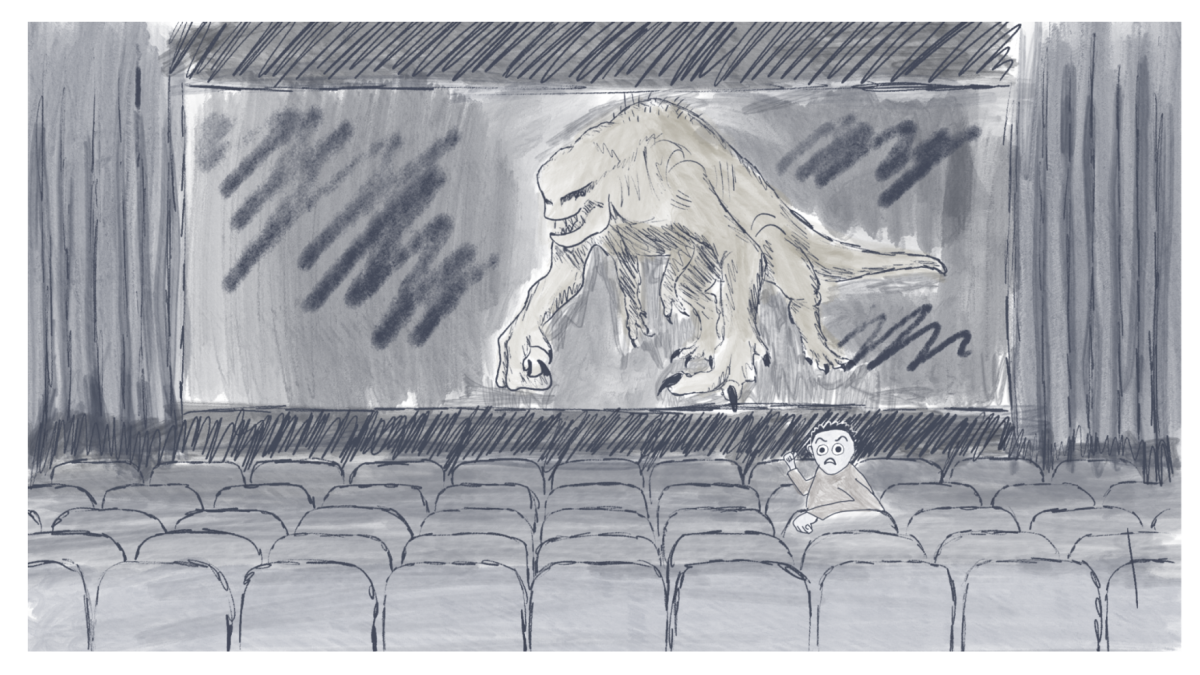When I was in high school, I was fortunate enough for the late author Brian Doyle to come speak at my creative writing class.
While the most memorable thing he told us from that visit had nothing to do with writing (he once got into an argument with the Dalai Lama as to whether soccer or basketball was the best sport in the world), he did give a piece of writing advice that I continue to think about today.
He told us never to be constricted by genre in our writing. To tell the story we want to tell, whether or not it fits neatly into one category.
I think part of why that stuck with me for so long was because that was the first time I looked at genre as something constructed.
Although I had never articulated the thought, I had always assumed bookstores labelled shelves as “Fantasy” or “Science Fiction” because that’s what the books clearly were and the store employees were trying help fans of those genres find books they enjoyed quickly.
I still think that’s partly true, sellers want readers to find the types of books they like quickly, and publishers want their books to be found by readers quickly, but sometimes labels are more easily fixed than others.
For example, a book about time travel on the moon is clearly going to be labelled science fiction, but what about a story of a secret hacking group who pull off stunts no one in the real world has yet but that experts would say is technically possible? Is that science fiction or tech thriller?
What if the plot of the time travel on the moon book is solely featured on the love story of two astronauts who for some reason have to travel through time in order to be together? What if the only science-y part of the book is when the author describes the logistics of doing the horizontal tango in lunar gravity? Is that still science fiction or would it shelved as romance?
I got firsthand experience of how hard labelling some books’ genres are through my internship at a small publishing company.
There was one book that my boss and I went back and forth on for a long time, deciding whether it should be labelled supernatural, thriller or Christian fiction.
There were elements of the book that could have made it anyone of these, but since the readers of these genres are looking for different things, we wanted to make sure that the label we decided on would put the book in the flight path of the people who would be most interested in reading it and most likely to enjoy it. No small task.
That experience really showed me the limitations of those categories. I wonder how many people did not read it because we decided on Christian fiction, but would have read it and enjoyed it if it had been labelled a supernatural thriller?
I don’t wish genre categories would disappear. I would be overwhelmed in a bookstore if I didn’t have at least some idea of what to expect from any of the books on any of the shelves, and there are some tropes formulas of genre fiction that I really enjoy. Brian Doyle’s advice has challenged me as a writer to not relay on or be limited to conventions of genre to tell my stories and encouraged me as a reader to not dismiss a book outright because the genre is not one I typically read.
I think this has made me a more well-rounded creator and consumer of literature, so I extend this challenge to you too. Don’t limit yourself to writing a story in just one genre for genre’s sake if you think blurring those lines would make your story stronger. And it’s great if you think of yourself as a fan of a certain genre, but don’t let that keep you from reading books in another. You never know what gems you’ll find that you never would have otherwise.





